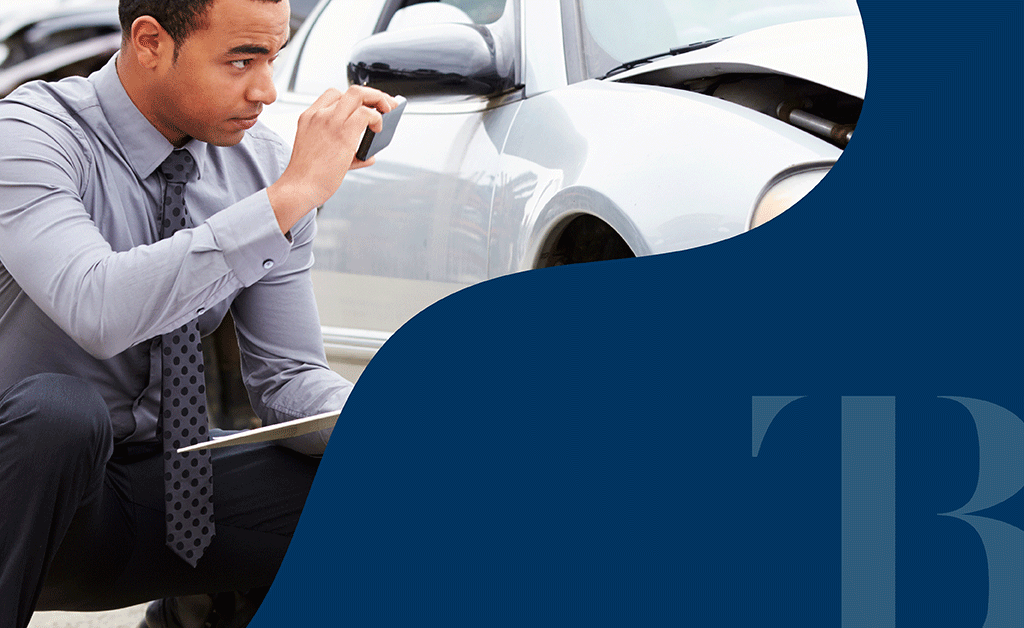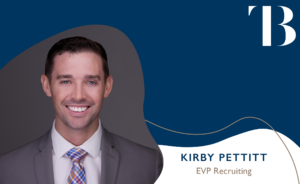Deciding to pursue a new career path is scary. We’re breaking it down into a step-by-step process to help make the change a little less intimidating and a whole lot more exciting.
What is an insurance adjuster?
When someone files a claim on their insurance policy, insurance adjusters (or claims adjusters) investigate to determine liability, legitimacy, and proper settlements. Adjusters go through various steps like speaking with the insured and other witnesses and assessing damage in order to make a recommendation to the insurance carrier.
Why insurance adjusting?
There’s a multitude of reasons insurance adjusting is an attractive career path. It’s lucrative, offers flexibility, and because of the growing supply of adjusters, it’s not as competitive as other insurance opportunities.
But that doesn’t mean the job is easy. Just as there are advantages to the job, there are also disadvantages. We suggest conducting thorough research and speaking to others in the industry before taking the following steps to become an insurance adjuster.
Decide what type of adjusting best fits your lifestyle.
There are two main categories of insurance adjusters:
Staff Adjusters work directly for an insurance company. Being a staff adjuster offers the stability and benefits of working a W-2 job. If this sounds like you, entry-level positions like FNOL (First Notice of Loss) Representatives are a great place to start! Check out our current openings here.
Independent Adjusters work on a contractual basis for one or more Insurance Adjusting firms, such as TheBest Claims Solutions. IA’s usually have more flexible hours with on- and off-seasons.
Get licensed.
Most states require you to be licensed in order to work on any claims, although there is a handful that don’t. Start by checking to see if you need a license to practice in your home state and focus on getting that one first. Then you can move on to getting licensed in other states. If you’re lucky enough to live in a state that doesn’t require a license, you can get started on those more in-demand licenses right away!
We recommend AdjusterPro for any adjuster license or certification training.
Are you a Veteran? Check out Veterans Adjusting School! In most cases, the GI Bill covers VAS tuition and housing, and we’ll be there to help you find the right deployment as soon as you graduate.
Start learning the ropes.
The first two skills you should focus on obtaining are Xactimate and your Statefarm Certification. It’s common for most IA firms to require these before giving you an assignment.
But don’t stop there. All the best adjusters keep adding new skills and specialties to their resumes throughout their careers.
Join some rosters.
(hint: ours is TheBest)
After you’ve been licensed and certified, you can start signing up for rosters and sending out your resume to potential employers.
Most IA firms (like us) will offer their services for free to adjusters. We can help fine-tune your resume, prep you for interviews, and put the best-fitting assignments on your desk.



